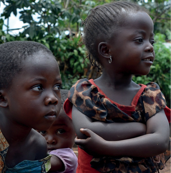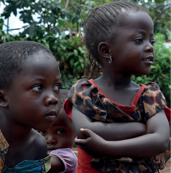- Accueil
- Actes du colloque
- Using sanctions and terrorist financing legislation to fund reparations for victims of sexual violence in conflict : Policy proposal
Visualisation(s): 448 (1 ULiège)
Téléchargement(s): 0 (0 ULiège)
Using sanctions and terrorist financing legislation to fund reparations for victims of sexual violence in conflict : Policy proposal

Abstract
Hogan Lovells is working with Lotus Flower, a UK charity led by genocide survivor Taban Shoresh, which supports Yazidi survivors who were victims of sexual violence, to ensure that there are practical mechanisms for survivors to secure justice and reparations for the crimes committed against them.
There has been much discussion about the need to make real change to the lives of survivors of sexual violence in conflict. Whilst there have been a number of initiatives seeking to "put survivors first", there has been little progress made around wider justice efforts for survivors. Our proposal seeks to contribute to the debate through the University of Liège's 1st Congress of the International Mukwege Chair.
It is our contention that the international community can improve the mechanisms by which those who have suffered sexual violence in conflict are able to access compensation. The purpose of sanctions regimes that focus on counter-terrorism and fine companies that have been found to have breached counter-terrorist financing laws is to ensure that peace is maintained and any support for terrorism is punished. This concept, of using sanctions funds for reparations, is the central element of our proposed conference abstract, fitting squarely within the reparation theme.
Our paper shows that there are domestic mechanisms in place that could address these issues in various countries, and that it is possible for the international community to adapt such mechanisms on a global level. These avenues are explored through looking at sanctions regimes, fines and the seizure of assets.






